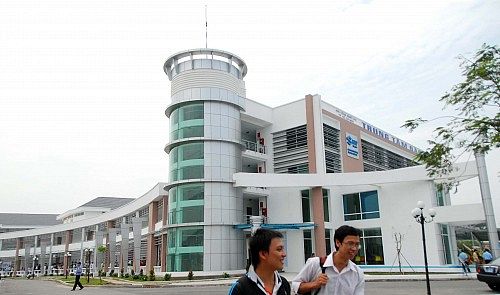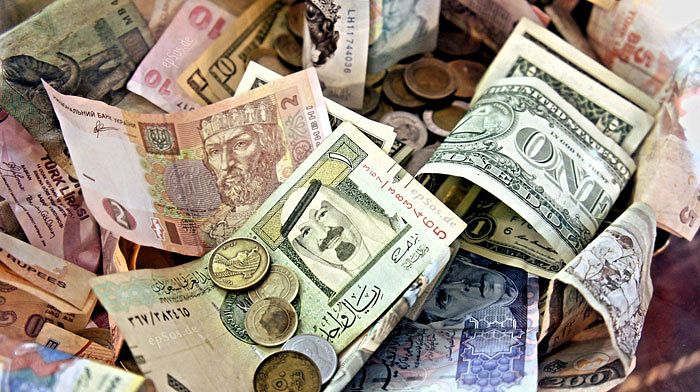Vietnamese PC users are slowly backing away from unlicensed software.
On June 12, the non-profit association The Software Alliance (BSA) held a conference in Hanoi to announce the release of the 2018 report on global software piracy, according to Dan Tri.
The document, titled Global Software Survey 2018, provides insights into how different regions in the world use copyrighted PC programs and the various risks that pirated software poses to individual users, enterprises and even governments.
The survey results show that Vietnam is still among countries with highest rates of software piracy, but the trend is slowly and steadily declining. Specifically, in 2009, 85% of computer programs installed in Vietnam were unlicensed. This figure dropped to 83% in 2010 and 81% in 2011 and 2013. In 2015, 78% of programs were pirated while piracy dropped to 74% last year.
At 57%, Asia-Pacific and Central and Eastern Europe (CEE) top the list as the regions with most instances of piracy, followed by the Middle East and Africa (56%), Latin America (52%), Western Europe (26%) and North America (16%).
BSA credited Vietnam’s drop in piracy to local efforts to increase awareness. Moreover, the number of small PC retailers – which tend to equip customers with a range of pre-installed unlicensed program at purchase – has decreased recently as locals put their trust in bigger retailers with legal software.
In Southeast Asia, with the exception of Singapore – whose piracy rates are 27% – using unlicensed programs is still prevalent: Brunei (64%), Indonesia (83%), the Philippines (64%) and Thailand (66%).
The alliance warned that high piracy rates might set back countries’ economic growth in the long run. Downloading pirated software also subjects users to security risks such as malware, spyware and even ransomware.
“These high rates don’t just delay the local economic benefits that are associated with thriving technology use, they impede growth in a company’s bottom line and induce unprecedented security risks,” BSA says in the report.
[Photo via Digital Trends]














